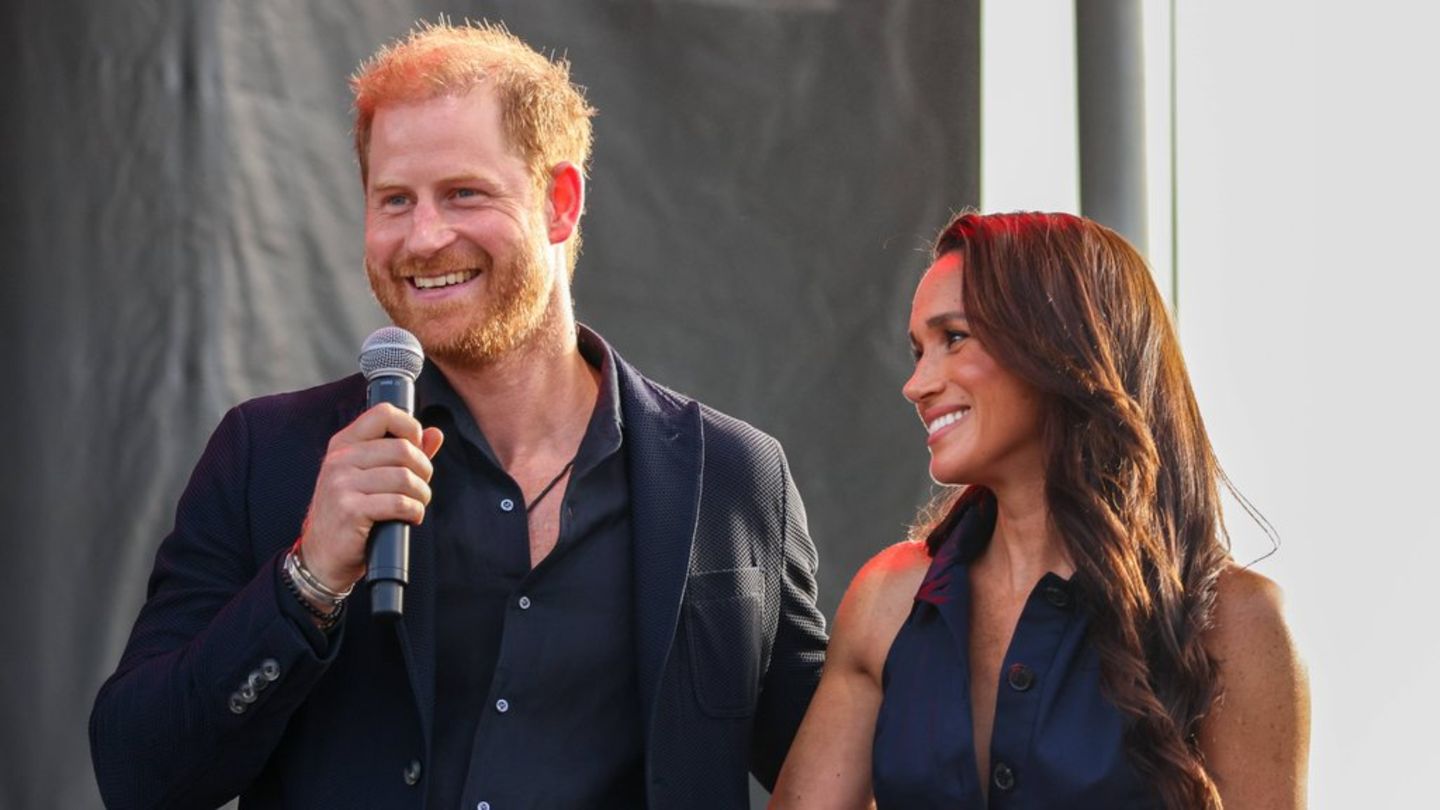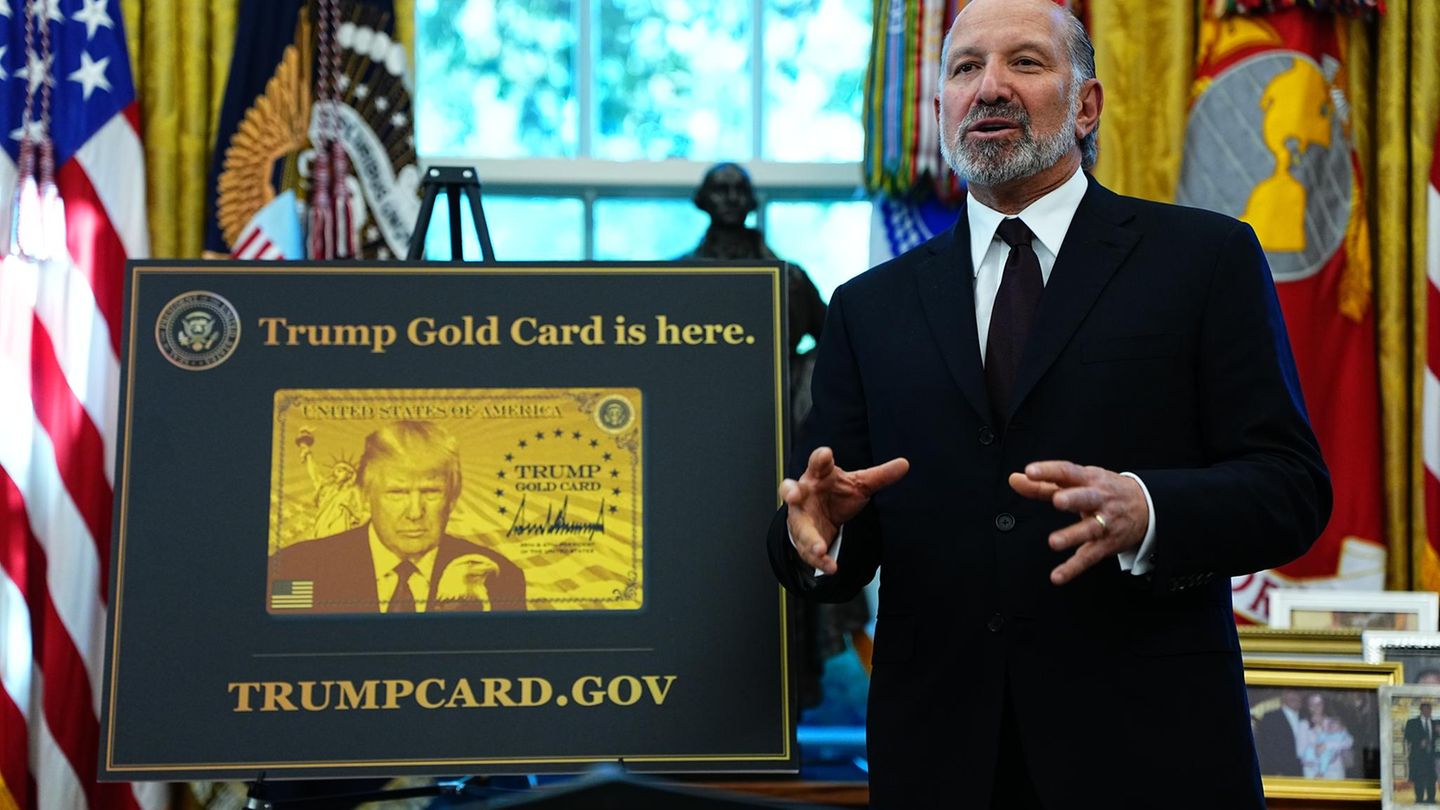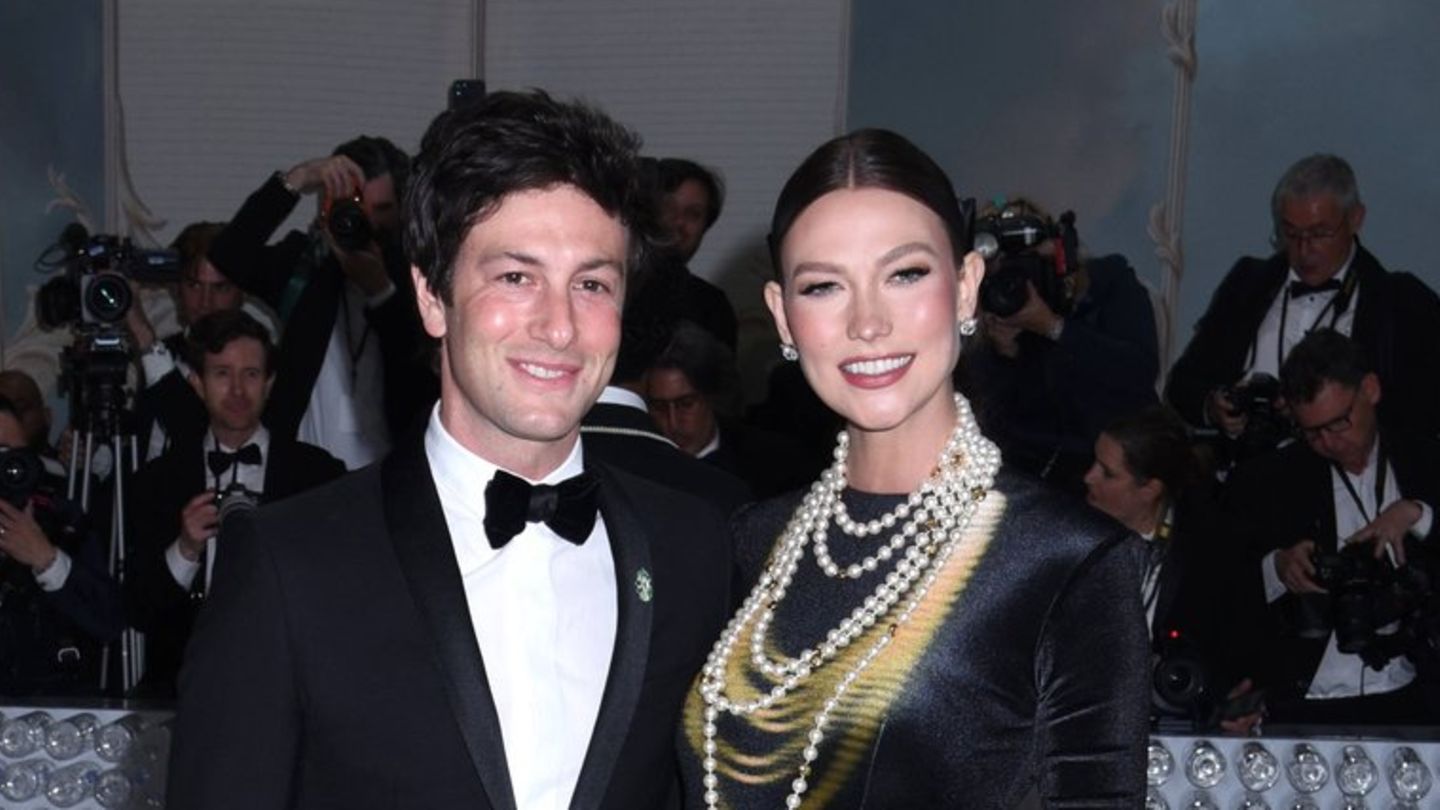Since the war of aggression against Ukraine, the motto in the West has largely been: no business with Russia. NATO country Turkey is taking a different approach. And that pays off for Ankara.
Signs with Russian inscriptions attract customers in a luxury shopping center in the western Turkish port city of Bodrum. It’s no secret that the yachts of Russian oligarchs who have been sanctioned by the West also dock in the ports there. Since the beginning of the Russian war of aggression against Ukraine, the NATO country Turkey has promised loyalty to both partners and has not participated in sanctions against Russia.
This is paying off for Turkey. Imports from and exports to Russia have doubled within a year. According to the German-Turkish Chamber of Industry and Commerce (AHK Turkey) in Istanbul, Russia will be Turkey’s largest trading partner in 2022, replacing Germany. German entrepreneurs in Moscow also have to watch how Turkish and Chinese companies, among others, fill the gaps after the withdrawal of Western companies. Turkey has overtaken Germany in selling machines and equipment to Russia, as the Moscow business portal rbc.ru recently reported.
Galloping inflation in election year
Turkey has turned the situation to its advantage in many ways. “Turkey has been able to import cheaper energy sources since the beginning of the war,” says Erdal Yalcin, Professor of International Economic Relations at the University of Konstanz and research member at the IfW Kiel on the subject of international trade. Oil and gas came largely from Russia even before the Russian war of aggression. Now, oil imports have roughly tripled in 2022, according to data from the Bureau of Statistics. Against the background of a currency crisis and galloping inflation, this should suit the government in Ankara in the 2023 election year.
But Turkey is also more present than ever in Russia: Russian media reports that Turkish fashion shops – the Koton brand, for example, replaced Marks & Spencer – and restaurants are opening.
The deepening of economic relations between Turkey and Russia gives “reason for great concern,” said a letter from EU foreign policy chief Josep Borrell. Ankara should not offer Russia any workarounds for sanctions. A somewhat strange warning, Yalcin finds: “Turkey imports crude oil from Russia, processes it in its refineries and then sells it – as a Turkish product – to Europe. This is a legal way of circumventing the sanctions.” According to Yalcin, the EU as a customer can be blamed just like Turkey.
Turkey as the most important holiday destination for Russians
The business with semiconductors from the EU is also an example of a legal circumvention of the sanctions. Exports of chips from there to Russia have declined significantly over the past ten months. At the same time, the export of chips to Turkey and from there to Russia is increasing, says Yalcin. “If the buyer is a 100 percent Turkish company, it’s legal.” The company only has to make marginal changes to the product, a sticker is enough.
For Russia, Turkey is the savior in an emergency: Anyone who wants to go to Europe will most likely fly via Turkey – or stay there. Turkey is the most important holiday destination for Russians because of travel restrictions in the EU. Real estate purchases by Russians in Turkey – which include Turkish citizenship starting at $500,000 – have increased enormously. From January to November, 14,000 properties were sold to Russians. In 2019 there were 2900 purchases.
The fact that there are more Russians in the country is noticeable in many places. According to the Turkish Chamber of Commerce TOBB, a total of 131 Russian AGs and 1077 Russian GmbHs were founded in Turkey in the first eleven months of 2022. For comparison: In the pre-Corona year 2019 there were 17 AGs and 95 GmbHs. Turkey is also benefiting from Russian capital, which is increasingly flowing into the country. The Turkish current account indicates high capital inflows, the origin of which cannot be fully clarified. “Mostly money that is brought to a country in a suitcase,” says Yalcin.
But the Turkish in-between has also proven to be profitable for the West: Turkey is trying to mediate between Moscow and Kyiv. Last but not least, the good relationship between Turkish President Recep Tayyip Erdogan and Kremlin boss Vladimir Putin is an important reason for continuing the grain deal, which is so important for global food security. Erdogan’s proximity to Putin and the joint meetings with him pose little domestic risk for the Turkish head of state – unlike for Western heads of state.
New nuclear power plants for Turkey
By the end of 2030, Russia and Turkey want to increase their trade volume to $100 billion. Russia also wants to build Europe’s largest gas node in Turkey, a trading center for energy from the energy superpower – and at the same time a long-cherished dream of Erdogan. Under Russian aegis, the first nuclear power plant, costing 20 billion US dollars, is currently being built in Turkey, and two more are in the planning stage.
So is the West losing Turkey as a close trading partner? “In the short term, the orientation towards Russia has advantages for Turkey. In the long term, however, it is not sustainable,” says Yalcin. It is trade with Europe that promises Turkey the most jobs in the long term. Thilo Pahl from the AHK Turkey also says: “Germany is and will continue to be the most important export market for Turkish companies.”
Source: Stern
Jane Stock is a technology author, who has written for 24 Hours World. She writes about the latest in technology news and trends, and is always on the lookout for new and innovative ways to improve his audience’s experience.




